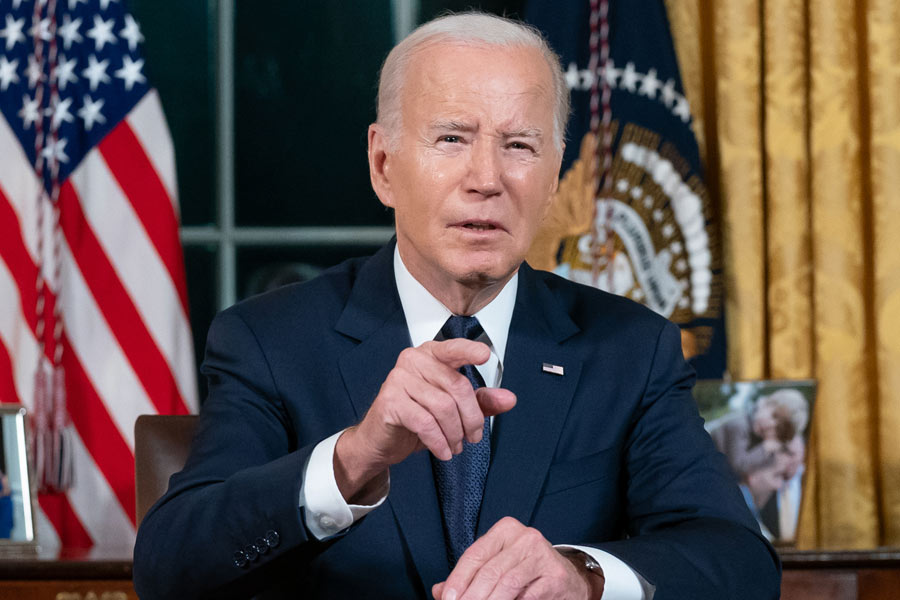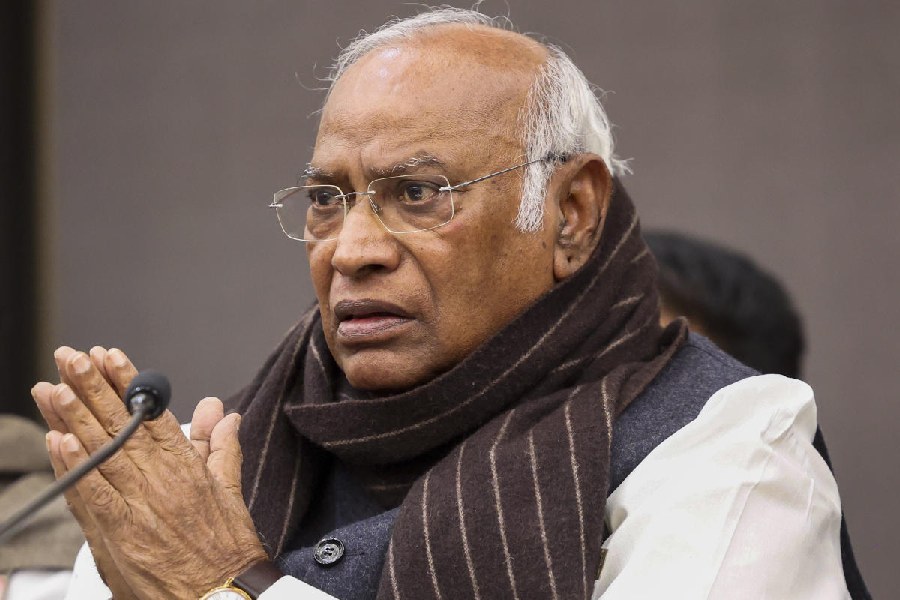American-led negotiators are edging closer to an agreement in which Israel would suspend its war in Gaza for about two months in exchange for the release of more than 100 hostages still held by Hamas, a deal that could be sealed in the next two weeks and would transform the conflict consuming the region.
Negotiators have developed a written draft agreement merging proposals offered by Israel and Hamas in the last 10 days into a basic framework that will be the subject of talks in Paris on Sunday. While there are still important disagreements to be worked out, negotiators are cautiously optimistic that a final accord is within reach, according to US officials who insisted on anonymity to discuss sensitive talks.
President Biden spoke by phone separately on Friday with the leaders of Egypt and Qatar, who have served as intermediaries with Hamas, to narrow the remaining differences. He is also sending his CIA director, William J. Burns, to Paris for Sunday’s talks with Israeli, Egyptian and Qatari officials. If Burns makes enough progress, Biden may then send his West Asia coordinator, Brett McGurk, who just returned to Washington, back to the region to help finalise the agreement.
“Both leaders affirmed that a hostage deal is central to establishing a prolonged humanitarian pause in the fighting and ensure additional lifesaving humanitarian assistance reaches civilians in need throughout Gaza,” the White House said in a statement on Friday night summarising the President’s conversation with Sheikh Mohammed bin Abdulrahman al-Thani, Qatar’s Prime Minister. “They underscored the urgency of the situation and welcomed the close cooperation among their teams to advance recent discussions.”
In a statement in Israel on Saturday, Prime Minister Benjamin Netanyahu reaffirmed his commitment to securing the release of those hostages who were not freed as part of a more limited agreement in November. “As of today, we have returned 110 of our hostages and we are committed to returning all of them home,” he said. “We are dealing with this and we are doing so around the clock, including now.”
The hostages have been in captivity since October 7, when Hamas gunmen stormed into Israel and killed an estimated 1,200 people and seized about 240 more in the worst terrorist attack in the country’s history. Israel’s military retaliation since then has killed more than 25,000 people, most of them women and children, according to Gaza’s health ministry. It is not clear how many of those killed in Gaza were Hamas combatants.
The short-lived truce in November, brokered by Biden along with Qatar and Egypt, resulted in a seven-day pause in the fighting in exchange for the release of more than 100 hostages by Hamas and about 240 Palestinian prisoners and detainees held by Israel. About 136 people seized on October 7 remain unaccounted for, including six American citizens, although about two dozen of those are presumed to be dead.
The deal now coming together would be more expansive in scope than the previous one, officials say. In the first phase, fighting would stop for about 30 days while women, elderly and wounded hostages were released by Hamas. During that period, the two sides would work out details of a second phase that would suspend military operations for roughly another 30 days in exchange for Israeli soldiers and male civilians being held. The ratio of Palestinians to be released from Israeli prisons is still to be negotiated but that is viewed as a solvable issue. The deal would also allow for more humanitarian aid into Gaza.
While the agreement would not be the permanent ceasefire that Hamas has demanded for the release of all hostages, officials close to the talks believe that if Israel halts the war for two months, it would likely not resume it in the same way that it has waged it until now. The truce would provide a window for further diplomacy that could lead to a broader resolution of the conflict.
New York Times News Service










